The Unhealthy ESTJ
Ever wonder what an unhealthy ESTJ looks like? Today we’re going to dive deep into the characteristics and weaknesses of an ESTJ who is immature, imbalanced, or stressed.
As always, keep in mind I have nothing against ESTJs. All types can be either wonderful or awful depending on how they use what they’ve got. There is no inherently “bad” or “good” personality type.

This article goes into a lot of depth about the ESTJ personality type and their cognitive functions. If you’re new to type theory this might be a little confusing! It’s okay, though. You can get a quick introduction to the cognitive functions here.
Not sure what your personality type is? Take our new personality questionnaire here. Or you can take the official MBTI® here.
The Basic, Healthy ESTJ
Healthy (balanced) ESTJs are organized, decisive, and practical. They make strong leaders and usually are willing to go to great lengths to preserve their communities, values, and traditions they hold dear. I’ve known them to be some of the most proactive people in their churches, families, and homeschool groups (yes, I’m a homeschool mom). They have high expectations of others, but they hold themselves to the same, or even higher standards. Famous rumored ESTJs include Michelle Obama, Billy Graham, Tom Clancy, and Dr. Phil!
The ESTJ Cognitive Function Stack:
Dominant Function: Extraverted Thinking (Te)
Auxiliary Function: Introverted Sensing (Si)
Tertiary Function: Extraverted Intuition (Ne)
Inferior Function: Introverted Feeling (Fi)
Some ESTJ Weaknesses:
ESTJs will naturally value their top three functions a great deal (especially their dominant function). Like all types, they are at risk of having a warped or imbalanced perception of their other 5 functions (Yes, everyone uses all 8 functions!) Here are some of the ways this can cause trouble for ESTJs and their relationships:
Because ESTJs have inferior Introverted Feeling (Fi), they can risk seeing it as overly-sensitive, useless, time-wasting, weak, or self-absorbed. They may repress this function in themselves or devalue it in other people. This can cause conflict between ESTJs and FP personality types.
Because Introverted Thinking runs in the opposite attitude of Extraverted Thinking, the ESTJ’s dominant function, they can misunderstand it or project negative qualities about it onto others. They may see Ti as unproductive, slow, procrastinating, time-wasting, or perfectionistic. This can cause tension between ESTJs and TP personality types.
Because Extraverted Feeling is the ESTJ’s 8th function they can risk seeing it as people-pleasing, overly-emotional, meddling, stupid, or phony. This can cause tension between ESTJs and FJ personality types.
All of us, no matter what type we have, need to be aware that all the cognitive functions and personality types are useful and valuable in their own way. There isn’t one type that’s better than another! Simply understanding this fact can help us to have better relationships and communication with others.
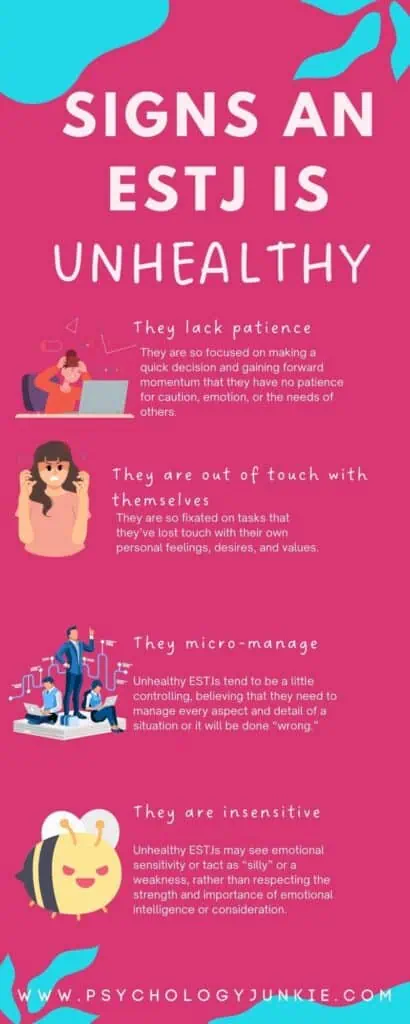
The Unhealthy ESTJ
“Just as the extraverted thinking type subordinates himself to his formula, so, for their own good, everybody round him must obey it too, for whoever refuses to obey it is wrong – he is resisting the universal law, and is therefore unreasonable, immoral, and without a conscience.”
– Carl Jung, Psychological Types
The unhealthiest types of ESTJs tend to operate with a warped or highly imbalanced Extraverted Thinking function. They tend to appear as dominating, aggressive, controlling, and confrontational. Often they have a power-hungry streak; craving control and managing (or micro-managing) everyone in their vicinity. Their way is the only “right” way, and they’re quick to shoot down other opinions and perspectives. They see things in extremely black and white contexts, jump to conclusions quickly, and are insensitive towards others. They may pride themselves on “saying it like it is” and may feel that this is simply honesty and therefore a trait to be admired. However, there’s a certain pride in their “no-holds-barred” criticism, and they tend to walk all over other people and their feelings without care or concern.
A lot of this behavior stems from extremely repressed Introverted Feeling (Fi). Fi is very aware of values, identity, adherence to espoused values, and one’s own inner conscience or “gut feeling” of what’s right or wrong. When the ESTJ represses this too extensively they can resist seeing how their actions go against their own values and what they say they believe in. They see self-analysis and introspection as a weak or time-wasting characteristic that’s better off ignored.
ESTJs who fall into this category have usually not had a healthy childhood or background with which to develop an understanding of others or their other cognitive functions. Either they were left to their own devices without any good instruction or examples to draw from, or they were abused or belittled and had to play ego-defensive survival games to try to get by or survive. Keep in mind, the description here is a rather extreme example. Many unhealthy ESTJs won’t show up in this negative of a light.
Unhealthy Introverted Sensing
ESTJs can also develop a warped or imbalanced use of their auxiliary function, Introverted Sensing (Si). When this happens, they become obsessed with sticking to what they know, rapidly closing off alternate viewpoints and perspectives. Change is anathema to them, and they stubbornly refuse relying on others or any new or progressive ways of doing things. They may become so tied to their own personal, subjective experience that they discount other people’s experiences or are unwilling to see other perspectives. Healthy Si is very aware of details, facts, sense-impressions, and important memories. It is practical, responsible, and highly attuned to changing patterns. Unhealthy Si feels that everything needs to fall in adherence with one’s own subjective experience of how things have always been.
The Defensive ESTJ
ESTJs tend to feel the most threatened when there is uncertainty in the atmosphere, inefficiency, or ambiguity. If they are surrounded by what they perceive as laziness or procrastination this is especially a problem. When they feel threatened in this way, they may:
- A) Do whatever they can to maintain an image of being strong. They can adopt bullying behaviors, belittling people they see as weak or incompetent. They will suppress their own vulnerabilities and inabilities and try to ignore them as much as possible. They may become sharply critical, judgmental, and condescending.
OR
- B) Fall prey to supposed physical ailments or victim-like behaviors. They can become very self-pitying at this stage and nag, manipulate, or “guilt” other people into fulfilling a need that has been unmet. Sometimes this process is very unconscious to them and they almost don’t realize they’re doing it.
Carl Jung explains this better than I can…
“Because of the highly impersonal character of the conscious attitude, the unconscious feelings are extremely personal and oversensitive, giving rise to secret prejudices – a readiness, for instance, to misconstrue any opposition to his formula as personal ill-will, or a constant tendency to make negative assumptions about other people in order to invalidate their arguments in advance – in defence, naturally, of his own touchiness. HIs unconscious sensitivity makes him sharp in tone, acrimonious, aggressive. Insinuations multiply. His feelings have a sultry and resentful character- always a mark of the inferior function.
– Carl Jung, Psychological Types
More Mild Expressions of Imbalance:
Not every unhealthy ESTJ is going to fit the exact description above. They may struggle with certain issues mentioned, but not all. They may have minor “symptoms” of being unhealthy that are completely different. Here are some other weaknesses to be aware of:
Because ESTJs value Extraverted Thinking to such a strong degree, they can risk over-using it or ignoring their other supporting functions. When this happens they can become overbearing in their logic or condescending to people who don’t see things in the same way that they do. They may be dismissive of other people’s feelings and adopt a “just get over it” attitude. In their gung-ho approach, they may quickly jump to conclusions or decide on things using black and white binary judgments, without taking the time to look at all the facts carefully. This is where development of introverted sensing (Si) is very important. When Te wants to make a decision quickly, Si says “let’s look at all the facts and details first” and gives the ESTJ much more balance.
Because Extraverted Intuition (Ne) is the tertiary function of the ESTJ, they can have diminished access to it in early life or they may exhibit immature expressions of it at times throughout their life. They can find themselves overwhelmed by a plethora of possibilities and feel unsure which possibility is the best one.
Because Te has such a strong need for closure, the ESTJ may just randomly pick one possibility and stick with it, even if it’s not the best one. This can lead to disappointment, because they may invest so much time adhering to their choice, even though it isn’t the best choice.
As ESTJs mature, they develop stronger and more healthy use of Extraverted Intuition (Ne). As this happens they usually enjoy brainstorming potential possibilities, exploring theoretical connections, and getting a stronger sense of what path to travel next or what possibility to explore.
The Te-Ne Loop:
When an ESTJ is in a Te-Ne loop, they are unable to effectively access their introverted functions, Si and Fi. During these times, they become obsessed with possibilities, but often in a negative light. They may see a million ways things could go wrong and try to “jump in” and fix them as quickly as possible without looking at the facts or taking the time to carefully observe the situation internally. They may have a difficult time prioritizing or reaching their goals and they may take hasty action on strange, intuitive whims without really understanding where their premonitions are coming from. This can be a very stressful stage for them as they feel more and more frustrated by their inability to organize, plan, and decide as effectively as they usually do.
It’s important for ESTJs who realize they’re in a Te-Ne loop to get healthy access to Si. Take some time to enjoy some peace and quiet and reflect on an experience you enjoy. Find a favorite activity that you’ve always enjoyed, whether it’s a crossword puzzle or cooking a certain meal, and repeat that process. Give yourself time to “introvert” and do some no-pressure detail-oriented project. Getting Si back into the picture will help you regain composure and get out of a loop.
The “Grip” Stress Phase
ESTJs who are experiencing extreme or chronic stress may fall into the grip of their inferior function, Introverted Feeling (Fi). When this happens, their other functions become less conscious and they seem as if they are not their usual selves. If you suddenly see an ESTJ “flip a switch” and behave uncharacteristically, it is possible they are experiencing grip stress.
ESTJs who are normally level-headed, friendly, objective, logical, and productive can become increasingly withdrawn, emotional, hyper-sensitive, and fall prey to a “martyr” complex. They may misinterpret small, insignificant details into personal attacks and feel that everyone is against them. Physically, they tend to feel tension in their shoulders, neck, and head as they hold in stress.
Things that help an ESTJ get out of “grip” stress:
- Alone time to process things
- Getting help breaking down a task into smaller pieces
- A good listening friend
- Having their feelings validated
- After “venting”, discussing some ideas that could lead to solutions
- It’s important to know that if you’re helping an ESTJ in this phase, they really dislike it when people appear overly sympathetic or emotional. A practical, calm response is best.
The Effect of the ESTJ’s Shadow Functions:
Every type can feel overwhelmed and confused when dealing with their 5th-8th functions. These “shadow functions” are more unconscious and therefore harder to use in a controlled, effective way.
5th/Introverted Thinking:
The 5th function is called “the opposing role” and that’s because it lies in opposition to the dominant function. In the case of the ESTJ, introverted thinking lies in opposition to extraverted thinking. They may use Ti to oppose other people or to argue with themselves. They can become stubborn about models and principles they’ve created, categorizing everything in an overly-simplistic manner. At times, they can use Ti in an effective way, knowing which principle is the best one for a given situation.
6th/Extraverted Sensing:
The 6th function bears the title of “critical parent” and that’s because it tends to be a way that we criticize ourselves or others. ESTJs who are using Se in the critical parent role can become stuck on perceived “facts” to block other people’s actions or they can get caught up in the moment and become unusually impulsive. They may criticize themselves or others for being “out of touch with reality” or not in tune with their surroundings.
At times, ESTJs can use Se in a positive way and can have astute observations about reality and make arguments that are realistic and convincing. They can respond in the moment quickly and with a strong attention to current-moment details.
7th/Introverted Intuition:
The 7th function bears the title of “trickster” and that’s because it protects the tertiary function (in the case of the ESTJ, Ne) from ego-attacks by others. It does this by catching people in double-binds or creating unwinnable traps for other people. ESTJs attempting to “harness” Ni often envision how something will or won’t work out and then ignore signs to the contrary. They may get a sense of knowing that something will play out a certain way and be unable to see alternate views. They may become overly negative, seeing only disaster, or overly confident, seeing only how something will succeed.
At times, ESTJs can experience Ni in a positive way, having strong moments of foresight and appreciating symbolism or hidden meanings.
8th/Extraverted Feeling:
The 8th function bears the title of “demon” and that’s because it’s the most destructive and unconscious of all the ESTJ’s cognitive functions. ESTJs tend to repress Fe excessively and devalue it in others. They may not particularly care how other people feel about them or they may ignore the emotional needs of others. When they are influenced by Fe, they may become overly-accommodating to other people’s needs and, in exchange, feel put upon or taken advantage of. They may become overly concerned with how other people feel about them.
At times, ESTJs can experience Fe in a positive way, making strong personal connections and tending to other people’s feelings and needs in ways that transform their lives.
Find out more about the shadow functions here.
I hope this was helpful!
Each type can be healthy or unhealthy or somewhere in between! Do you have any input or experiences you’d like to share with other readers? Let us know in the comments!
Find out more about your personality type in our eBook, Discovering You: Unlocking the Power of Personality Type.

Other Articles You Might Enjoy:
Can Childhood Trauma Impact Your Personality Type
4 Major Misconceptions About Sensors



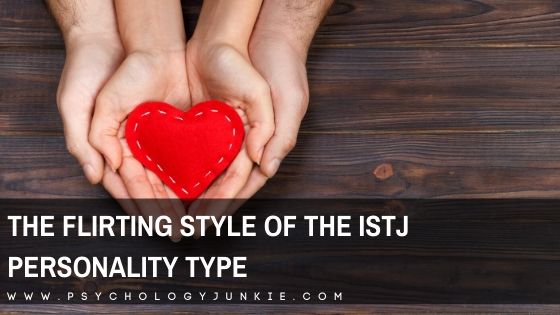
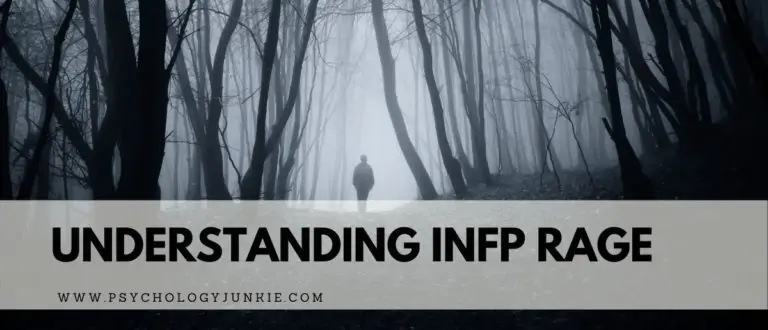
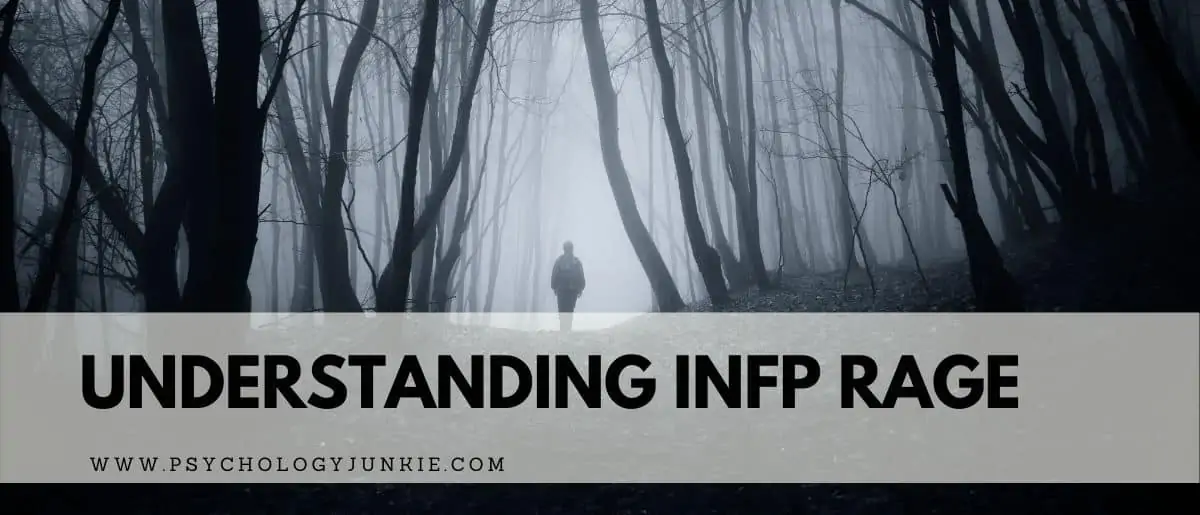
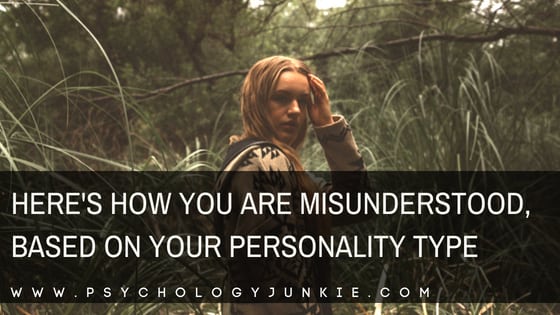






is there an article like this for unhealthy enfps and how we can step out into a more healthy life?
Not yet, but it’s on my list! Hoping to make my way through all 16 types so stay tuned 🙂
Heidi Priebe’s book “The Comprehensive ENFP Survival Guide” is available on Amazon; it is a great resource for anyone looking to understand ENFP’s better.
Hello Susan,
My husband is an ESTJ and I’m an ENTP and I really need your help, how can I reach out to you ?
Great insight. A very challenging situation to have ESTJ boss in extreme form while also possessing a personality that is most frustrated by these specific shadow qualities
May be controlling? MAY?! There’s an understatement. let me rephrase all this…
Rude as hell
calloused
domineering
bosey
inflexible /black and white
cunning
selfish
men may be are oversexed
miserable human beings.
stressed out
temper tantrums
mean or cruel spirited
prone to absolutely great on your nerves.
this INFJ does not do well with them for deeply personal relationships. Just a little dab will do ya of this type. At least my experience with all of the ESTJs I have met which is all of them too many.
I agree completely 👍
I don’t understand why they wouldn’t get along with you, you seem like a reasonable, understanding person who wouldn’t judge all ESTJs based on a few bad bosses you’ve had.
Just kidding, you don’t! I wonder if you just think someone is an ESTJ because they’re bossy and mean?
As a healthy ESTJ, I would never be this unkind or rude to another personality type.